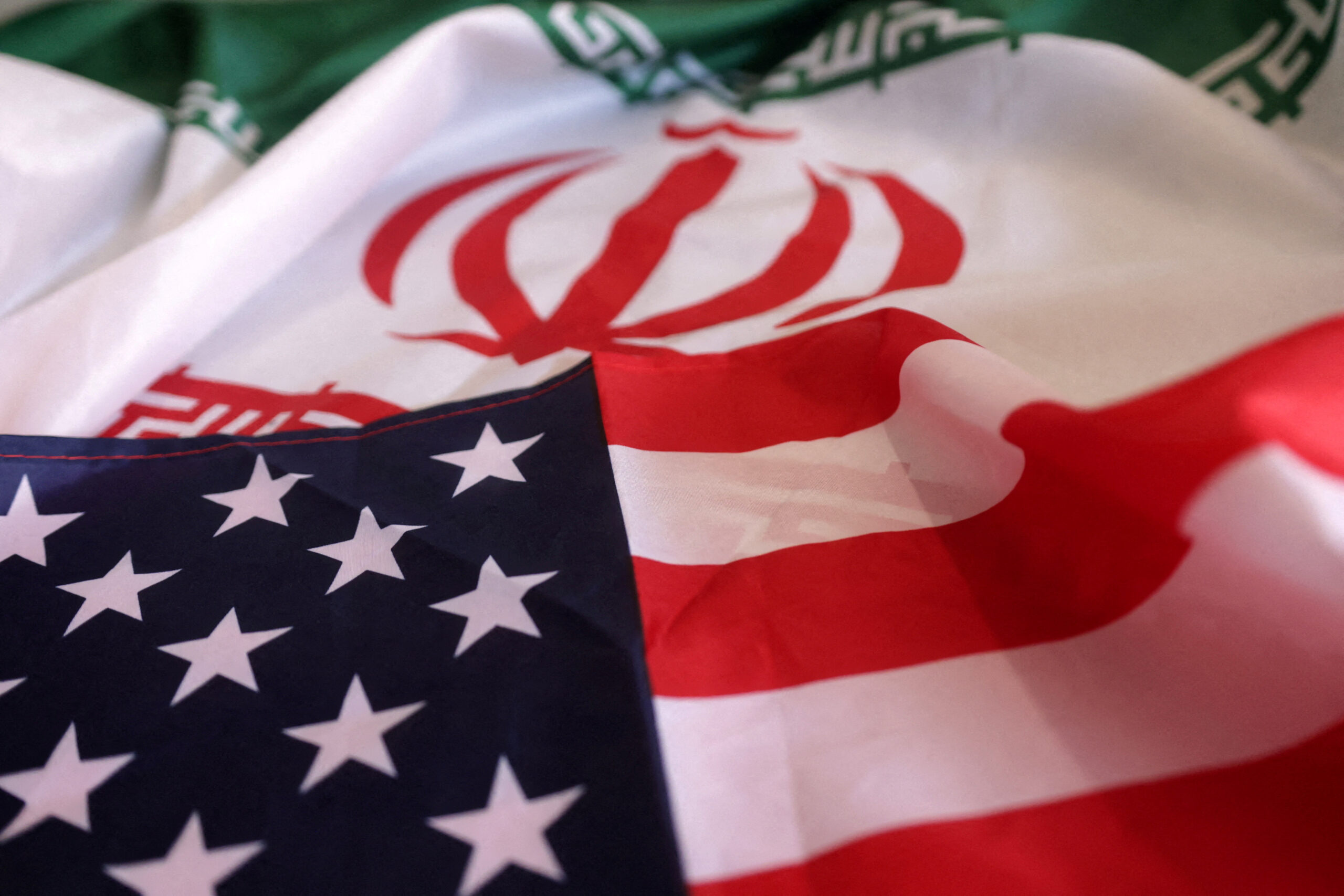Zafar Iqbal
An IMF delegation is currently in Islamabad to evaluate Pakistan’s progress under the ongoing $7 billion funding programme. This assessment comes with the hope that the review process will not face significant obstacles, ensuring that the next tranche of funding is released without delay. As the IMF mission examines Pakistan’s performance in meeting its fiscal targets, the country’s economic stability and its ability to secure future financial assistance hang in the balance.
The primary focus of the IMF mission is to evaluate Pakistan’s compliance with the programme’s quantitative performance criteria, structural benchmarks, and indicative targets for the first half of the fiscal year. While Pakistan has made some progress, there have been notable “technical slippages” in key areas, such as delays in legislation related to agriculture tax reforms. These setbacks have raised concerns about whether Pakistan will meet the targets set out by the IMF, which are essential to ensuring the continuation of financial aid.
Despite the technical setbacks, government officials maintain that all necessary steps have been taken to address these issues. However, the failure to meet certain tax targets, particularly related to agricultural taxation, remains a significant area of concern. Officials, however, express confidence that the IMF will overlook these discrepancies, pointing to a “higher-than-targeted primary budget surplus” and a “greater-than-estimated revenue-to-GDP ratio.” This optimistic view stems from the belief that these positive outcomes will outweigh the shortfall in tax collection.
The Federal Board of Revenue (FBR) attributes the shortfall primarily to reduced tax revenue from imports, slower growth in large-scale manufacturing (LSM), and an unexpected dip in inflation. These factors have all contributed to the challenges in meeting the tax targets, yet the IMF’s response to this shortfall remains uncertain. The stock market’s recent decline reflects investor anxiety, as there is a growing concern over potential contingency measures imposed by the IMF. These measures could put further strain on Pakistan’s fiscal landscape, leading to even more stringent policies that may affect domestic businesses and the economy at large.
Despite investor concerns, the review process is expected to proceed without any drastic new conditions or punitive demands from the IMF. The mission is likely to focus on ensuring that Pakistan remains on track with its economic adjustments and structural reforms. However, the review will be crucial in determining the country’s economic trajectory moving forward. If Pakistan fails to meet key IMF expectations, the economic stability achieved thus far could be jeopardized, which would have far-reaching consequences for the nation’s fiscal health and international relations.
The success of the IMF review will have significant implications for Pakistan’s economic future. If the programme is deemed successful, it will pave the way for enhanced economic stability, more official financial flows from other multilateral institutions, and the potential upgrading of Pakistan’s sovereign credit rating. These outcomes are critical for Pakistan’s plans to raise funds through international bond markets. A successful review would also boost investor confidence and ensure that the country remains on track to meet its development and financial goals.
However, any setbacks or delays in the programme’s review process could derail these ambitions, leading to renewed uncertainty and volatility in Pakistan’s economic outlook. This would not only hinder the country’s efforts to secure additional funding but also damage its reputation with international investors and institutions. The stakes are high, and the IMF’s assessment will determine whether Pakistan can continue to build on its fragile economic stability or face new challenges that could threaten its progress.
At present, some positive macroeconomic indicators suggest a temporary reprieve for Pakistan. The rupee has remained relatively stable, inflation has dropped to an impressive 1.4 percent, and the current account has posted a surplus of over $600 million. Additionally, remittances have surged to over $3 billion per month, and exports are showing signs of resilience. These positive developments are largely attributed to financial support from the IMF and bilateral lenders, as well as global stability in commodity markets.
Pl watch the video.
However, this stability comes at a high cost. The country has experienced a sharp slowdown in domestic economic growth, with rising unemployment and poverty levels. While financial aid has helped stabilize Pakistan’s external account and provided short-term relief, the long-term effects of such external support are uncertain. The real question remains whether Pakistan can achieve sustainable economic growth without becoming overly reliant on external financial assistance.
The global economic and political landscape is undergoing significant shifts, particularly with the possibility of a second Trump presidency in the United States, which could further disrupt international trade and finance. In this context, Pakistan faces an urgent need to restructure its economy and free it from the grip of entrenched political and economic forces. The IMF bailout package, while providing crucial financial support, may represent Pakistan’s last opportunity to implement the necessary reforms to avoid falling back into the patterns of the past.
Restructuring the economy involves more than just meeting the IMF’s requirements. It necessitates broad-based reforms that address the structural issues that have hindered Pakistan’s long-term growth. These include overhauling the tax system, improving the efficiency of state-owned enterprises, addressing the energy sector’s inefficiencies, and fostering an environment conducive to private sector investment. Failure to undertake these reforms could result in further stagnation and economic instability.
The IMF’s support is vital, but it is not a cure-all. While the financial backing helps stabilize the situation in the short term, only comprehensive domestic reforms can ensure sustainable economic growth. Pakistan must strike a delicate balance between meeting the IMF’s demands and pursuing independent policies that address the root causes of its economic woes.
As the IMF delegation continues its review, the eyes of investors, policymakers, and the global community are fixed on Pakistan’s next steps. While the country has made some progress under the current programme, it faces significant challenges in meeting its fiscal targets, particularly in terms of tax revenue. The IMF’s review will be pivotal in determining whether Pakistan can maintain its economic stability or whether it will face a new wave of uncertainty and volatility.
To ensure long-term success, Pakistan must not only satisfy the IMF’s conditions but also implement deep structural reforms that address its systemic economic issues. The next few months will be crucial in shaping the nation’s economic trajectory and determining whether it can break free from cycles of financial instability and achieve sustainable growth. The outcome of this IMF review will play a key role in shaping Pakistan’s economic future and its ability to navigate the complexities of the global economic environment.

















